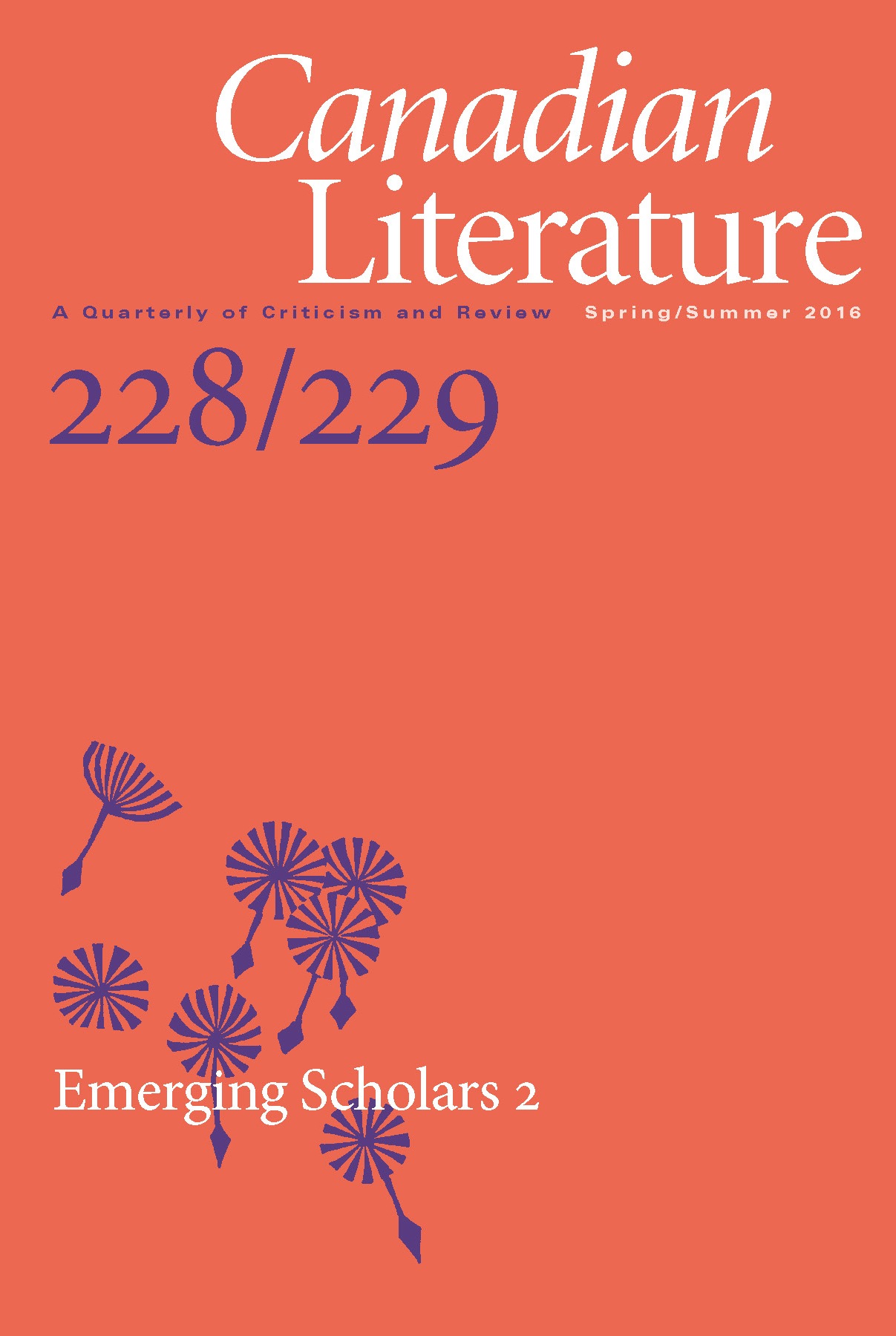Plotting “Nowhere”: Towards a Theory of Urban Folklore on Vancouver’s Gentrifying Frontier
DOI:
https://doi.org/10.14288/cl.v0i228-9.187585Abstract
This article mobilizes a theory of urban folklore, that is, of structured narratives and “stories” that represent the beliefs, traditions, and ritualistic tendencies of various urban peoples and groups, to examine how policy actors and the ownership class along the Hastings Street Corridor in Vancouver have utilized a pseudo-grassroots urban folklore to make gentrification generalized and to strengthen their gentrification agendas, while an urban folklore from the perspective of extant residents continues to have the possibility of performing resistance. In this context, the ambiguity of gentrification as a process—who moves into an area and who gets pushed out—problematically persists. Here, along cultural lines, urban folklore readily engages the popular media that has shaped the Hastings Corridor as a gentrifying frontier with the fiction, poetry, and performances that represent a potential resistance.


